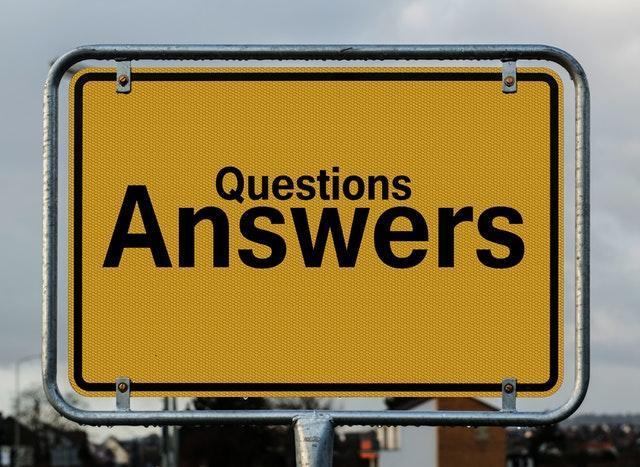The following questions are so common, there’s no chance you’ve never heard them in a job interview: “Tell me about yourself.” “What’s your biggest strength/weakness?” “Why should I hire you over someone else?”
Common interview questions, all. Yet as common as they are, consider them unimportant at your risk: recruiters and hiring managers aren’t so much looking for a right answer as they want to see how you approach your answer, how you carry yourself and how you handle yourself during your answer.
In fact, here’s a bit of a secret: most job interviews don’t take place to see if you can do the job (after all, you wouldn’t have been called in if the hiring manager didn’t think you had the skills and background necessary). Instead, the hiring manager/recruiter is looking to see how you will fit in: does your personality mesh with the company/department? Are you thoughtful in your answers? How much do you know about us? And so on.
And, believe it or not, how you answer “Tell me about yourself” is one way your future boss tries to figure that out.
Take a look below for how to answer the above four questions.
Tell me about yourself.
The hiring manager doesn’t want to know your personal history; he really wants to know why you want the job. So give a brief synopsis of your career and then segue into how the job opening fits in with your skills, background/education and career goals. Make sure to provide one or two specific reasons why your skills/background are a good fit: “With my background in social media marketing at a marketing agency for startups, I’m excited to take the strategies I learned there to help a startup’s marketing as part of its internal team.”
What’s your biggest strength/weakness?
This question can be just one (your biggest strength) or the other, or it can be a combination of both (the hiring manager will ask one and then ask you the other).
The old “I have such a great attention to detail it drives my friends/spouse crazy,” in which you try to couch a strength (attention to detail) into a weakness (it’s so great, it’s crazy-making), is too old hat and the hiring manager will be on to your mealy-mouthed answer.
Instead, in the case of a weakness, be honest and discuss something you are working to improve and then give specific examples of how you’re doing so: “I have a tendency to speak to quickly when I’m nervous and that doesn’t help in sales calls. So I’ve joined Toastmasters to improve my speaking skills.”
And if the interviewer asks for your greatest strength? Think of a strength of which you’re proud and how it benefits this particular position: “I’m an excellent listener, which allows me to really dig down and find out what’s really behind a prospect’s objections to a sale. I can then provide him honest and detailed answers that alleviate his concerns, which has helped me close more sales.”
Why should I hire you over someone else?
This is where your deep research into the company’s goals and challenges really pays off. You will answer in a way that shows how a particular skill, experience or educational achievement helps the hiring manager solve his or her problems or reach goals.
For example: “I noticed on a press release on your website that your company just hired a construction firm to add another wing to building so that you can expand your print-on-demand capabilities. I’ve trained people on how to use such printers and I’d look forward to the chance to help train the new workers you’ll need to man them.”
Helpmates can help you find your next full-time position. We work one-on-one with our job candidates, helping prep them for their job interviews with our clients. Check out our current job opportunities and if you find one or more that interest you, follow the instructions on the job description.






